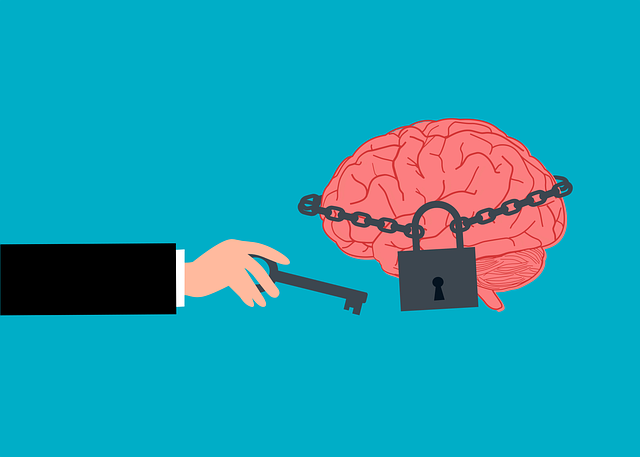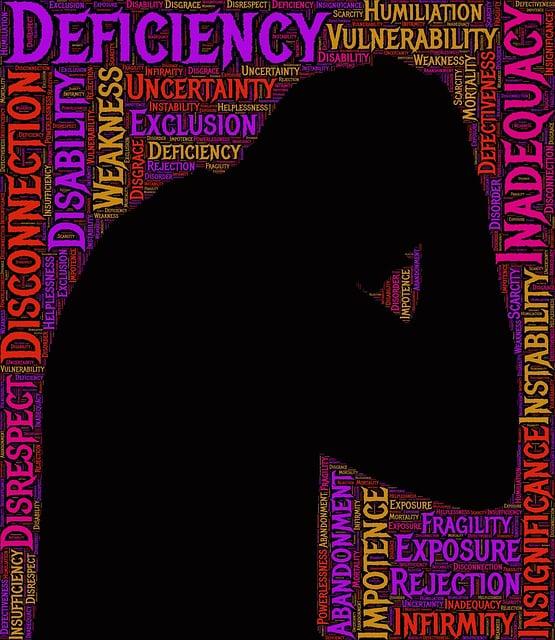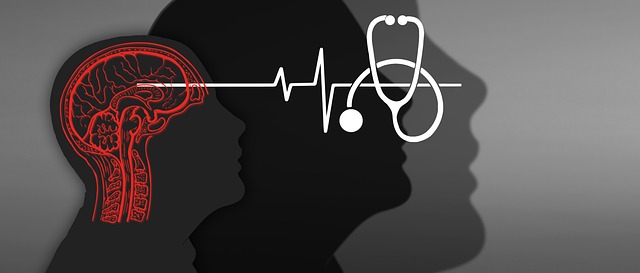Parker Bipolar Disorder Therapy presents a holistic approach to mental wellness through its RFM (Resilience, Flexibility, Mastery) model. This structured framework, accessible via podcasts and workshops, equips individuals with practical tools for stress management and improved coping mechanisms. By integrating mindfulness, mood journaling, goal setting, and physical activity, the therapy fosters self-awareness, confidence, and stability, enabling effective navigation of emotional challenges. Tailored programs like Mental Health Education and risk assessments ensure a comprehensive, individualized approach to building resilience and enhancing long-term mental health.
Resilience is a key component of mental well-being, especially for those managing conditions like bipolar disorder. This article explores RFM (Resource, Fortitude, Mastery) and its role in building resilience through a lens of practical exercises. We delve into the Parker Bipolar Disorder Therapy approach, offering a comprehensive strategy for enhancing coping skills. By understanding RFM, individuals can navigate life’s challenges with greater fortitude, ultimately improving their overall mental health and quality of life. Discover actionable techniques to cultivate resilience and embrace a more balanced mindset.
- Understanding RFM and its Role in Resilience Building
- Parker Bipolar Disorder Therapy: A Comprehensive Approach
- Practical Exercises to Enhance Resilience and Coping Skills
Understanding RFM and its Role in Resilience Building

Resilience is a crucial aspect of mental wellness, enabling individuals to navigate life’s challenges with strength and adaptability. One effective framework that aids in building resilience is the RFM model, which stands for Strength, Flexibility, and Mastery. This approach was developed by Parker Bipolar Disorder Therapy, emphasizing the importance of cultivating these three pillars in an individual’s life. RFM serves as a comprehensive guide to enhance one’s ability to cope with stress and adversity.
The Mental Wellness Podcast Series Production often explores themes related to resilience, offering valuable insights for listeners. Additionally, Stress Management Workshops Organization play a significant role in promoting the practical application of these concepts. By engaging in activities that foster RFM, individuals can improve their mental health policy analysis and advocacy, ultimately leading to better coping strategies and an enhanced sense of well-being.
Parker Bipolar Disorder Therapy: A Comprehensive Approach

Parker Bipolar Disorder Therapy offers a comprehensive approach to managing and overcoming bipolar disorder. This method goes beyond medication and traditional talk therapy by integrating various resilience-building exercises designed to enhance self-awareness, boost confidence, and prevent burnout—key factors in maintaining long-term mental health stability. Through tailored strategies, individuals learn to navigate emotional highs and lows effectively, fostering a deeper sense of control and resilience.
Self-awareness exercises play a pivotal role, encouraging patients to recognize early warning signs of bipolar shifts. By practicing mindfulness and keeping detailed mood journals, individuals gain valuable insights into their thought patterns and triggers. This heightened self-perception empowers them to take proactive measures, making informed decisions to stabilize their moods and avoid relapse. Additionally, confidence-boosting activities, such as setting achievable goals and celebrating small victories, help patients reclaim a sense of agency often disrupted by bipolar symptoms.
Practical Exercises to Enhance Resilience and Coping Skills

Building resilience is a key aspect of mental health management, and practical exercises can significantly enhance an individual’s ability to cope with stress, anxiety, or even conditions like bipolar disorder, as outlined in Parker Bipolar Disorder Therapy. Simple yet effective strategies include mindfulness practices such as meditation and deep breathing exercises, which help individuals stay grounded in the present moment, reducing reactivity to stressful situations. Regular physical activity is another powerful tool; exercise releases endorphins that can improve mood and reduce tension, fostering a sense of calm and control.
Additionally, role-playing scenarios and conflict resolution techniques learned through structured programs like Mental Health Education Programs Design can empower individuals to navigate challenging interactions more effectively. These exercises teach valuable skills in communication, assertiveness, and emotional regulation, enabling participants to manage conflicts constructively and maintain their mental well-being. A comprehensive Risk Assessment for Mental Health Professionals is crucial to tailoring these interventions to meet individual needs, ensuring a supportive and safe environment for resilience-building activities.
Resilience is a powerful tool for managing bipolar disorder, and the RFM model offers a structured framework to enhance coping abilities. By integrating practices like Parker Bipolar Disorder Therapy with practical exercises, individuals can navigate emotional challenges more effectively. These techniques empower people to build mental fortitude, fostering a sense of control and well-being. Through dedicated practice, one can transform resilience into a dynamic process that adapts to life’s complexities, ultimately improving overall mental health and quality of life.














